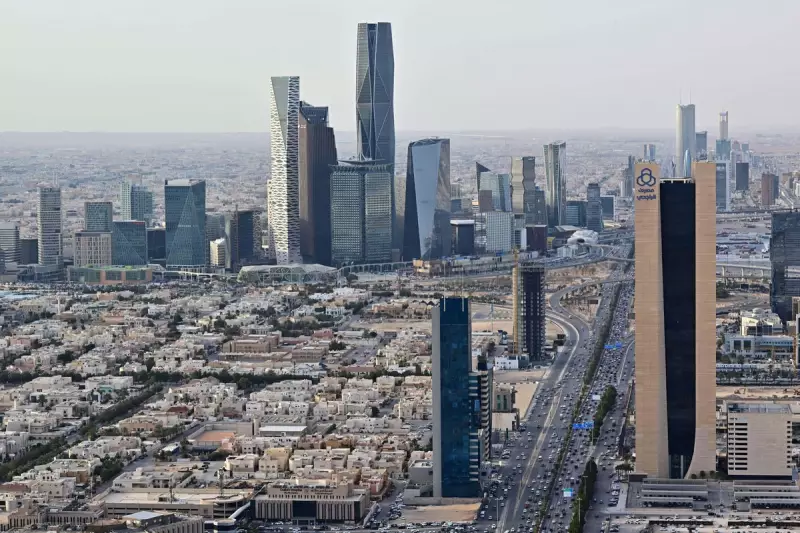
Barclays Bank finds itself at the centre of a political firestorm as Shadow Chancellor Rachel Reeves launches a scathing critique of the financial giant's ambitious expansion plans in Saudi Arabia.
Political Pressure Mounts on Banking Giant
In a strongly worded statement, the Labour frontbencher accused Barclays of pursuing profit without proper consideration of human rights records, specifically targeting the bank's decision to significantly increase its presence in Riyadh. The criticism comes as Barclays prepares to host its flagship investment conference in the Saudi capital this month.
Ethical Banking Under Scrutiny
"The decision to deepen ties with regimes with questionable human rights records raises serious concerns about corporate responsibility," Reeves stated. Her comments reflect growing unease among UK politicians about British businesses operating in countries where civil liberties remain contentious.
Barclays, which maintains its position as one of Britain's largest financial institutions, has been steadily building its Middle Eastern operations. The bank views the region as crucial for future growth, particularly in investment banking and wealth management services.
Strategic Expansion Meets Political Resistance
The banking group's Middle East strategy includes:
- Expanding investment banking operations in Riyadh
- Increasing headcount across Saudi Arabian offices
- Developing specialised services for high-net-worth clients in the region
- Strengthening corporate banking relationships with Saudi businesses
Industry analysts suggest that Barclays sees significant untapped potential in the Saudi market, particularly as the kingdom continues its economic diversification programme away from oil dependency.
Balancing Ethics and Economics
The controversy highlights the ongoing tension between commercial interests and ethical considerations in global banking. While financial institutions pursue growth opportunities in emerging markets, they increasingly face scrutiny from politicians, shareholders, and the public about their choice of business partners.
Barclays has defended its international strategy, emphasising its commitment to operating responsibly in all markets. A bank spokesperson highlighted the institution's strict compliance protocols and due diligence processes when entering new territories.
However, Reeves' intervention suggests that should Labour form the next government, UK businesses operating in certain jurisdictions might face increased regulatory scrutiny and pressure to justify their international partnerships.
Broader Implications for UK-Saudi Relations
The political criticism emerges against a complex backdrop of UK-Saudi relations, where economic cooperation often intersects with diplomatic concerns about human rights and governance. The banking sector's expansion into the Middle East represents just one facet of Britain's broader economic engagement with the region.
As the debate continues, all eyes remain on how Barclays will navigate these political challenges while pursuing its commercial objectives in one of the world's fastest-growing financial markets.





